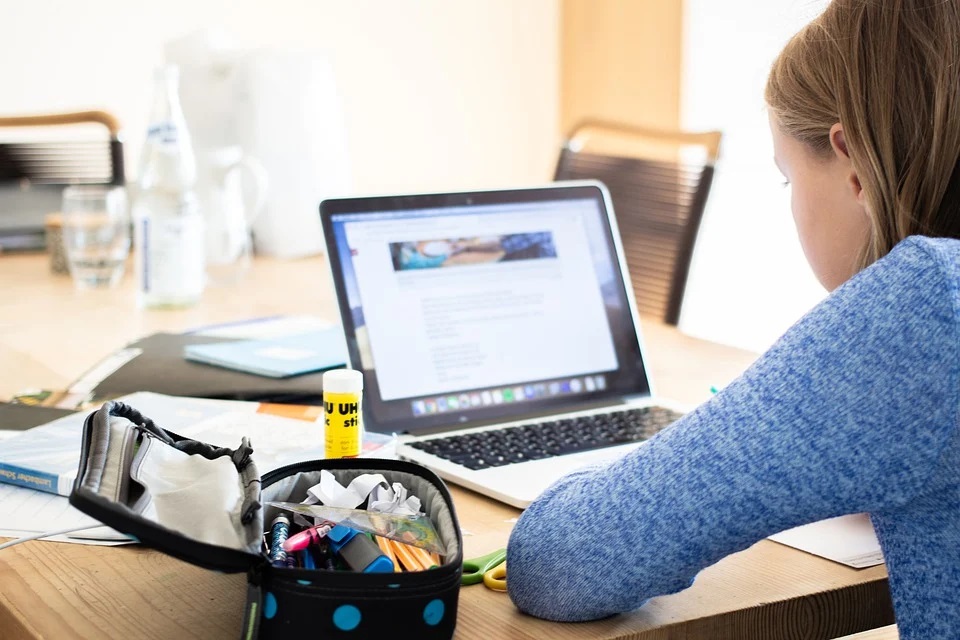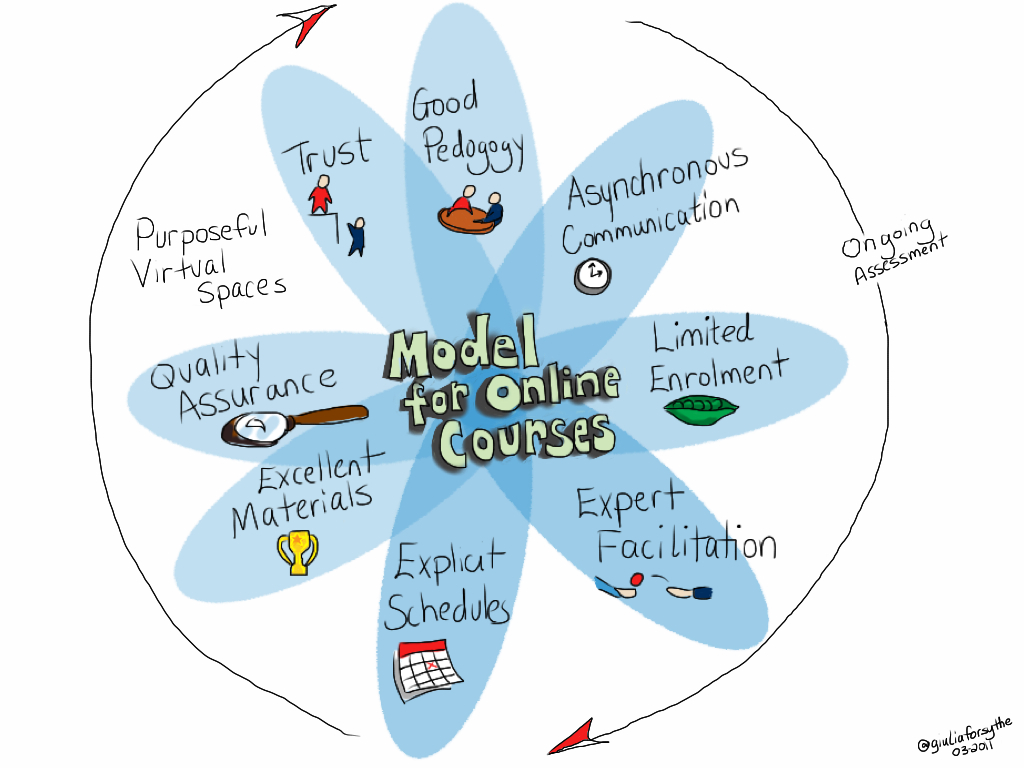- 한국어
- English
- 日本語
- 中文
- العربية
- Español
- Français
- Deutsch
- Pусский
- Tiếng Việt
- Indonesian
By Honorary Reporter Nicola Morello from Italy
Photos = Wikimedia Commons and Giulia Forsythe
The COVID-19 pandemic has necessitated new ways of teaching and learning, leading to teachers often struggling to adapt due to their lack of knowledge of information and communications technologies. Students have also grown frustrated over the inability to interact directly with classmates and teachers, changing the dynamics of classroom learning.
As a teacher and IT director of a school, I have suffered from this discomfort firsthand. Yet my experience at King Sejong Institute as a student has surprised me. The institute has shareable and effective solutions to educational challenges caused by the pandemic. I not only attended Korean-language classes but also observed my classmates and teachers. I also interviewed classmates and one of my teachers, Kim Charm-yee.

Merits of learning Korean online
"For me, the online classes were like salvation because I can't study Korean alone," said Syria, one of my classmates. Compared to studying at school, which is often aimed at passing tests, learning a foreign language requires more continuous efforts to understand and memorize what was taught in previous lessons. King Sejong was the difference in my case. Being in small groups allowed greater interaction between students and teacher, and through group work, constant monitoring was available to teachers.
Online classes are not terrible, as they overcome geographical barriers. Courses in Korean at the Korean Cultural Center in Rome were always held there, thus limiting would-be students in other cities like Milan, Venice, Turin or Palermo. The distance from Rome to the provinces and the Italian transportation system made such courses the exclusive luxury of those in the capital. So the transition to online lessons increased the number of students and courses.
Switching to virtual classes
"I have always given my lessons in offline mode," Kim said. "When I came back to Korea in 2020, I was asked to switch to teaching online due to COVID-19 restrictions. At first, I was worried whether this could work. Many Korean lectures are on YouTube, and various apps have been created to help learn foreign languages. Due to pandemic restrictions, YouTube channels for learning Korean and people saying they're teachers of Korean have risen rapidly.”
"There've always been online lessons, but a qualified Korean teacher is different. In general, online lessons are usually -- but not always -- taught by people with no official qualification to teach Korean. In this case, the issue was raising the quality of online teaching of Korean to a higher level.”
Biggest problems in online learning
Kim said, "When I taught students face to face, I prepared a lot of audiovisual aids or flash cards for class. Teaching online is quite similar but its lone problem is the loss of quality in transmitting online audiovisual materials depending on connection status. So students in offline classes are without a doubt more focused on the materials offered to them."

Verdict on cyberspace classes
"Most students have adapted to online classes but it still takes a lot of effort from both teachers and students to adapt to the changes and maximize the advantage of online classes," Kim said.
King Sejong Institute has effectively responded to the growing demand for Korean-language education in Italy through online classes and small group teaching. Its cyber classes have also removed geographical and pandemic restrictions to learning Korea.
This teaching format could grow more popular around the world and accordingly help bridge the educational gap due to distance. For example, thanks to online classes, I can attend university in Korea while living in Norway or earn a master’s degree from an American university while in Busan. This is no longer a dream but a realistic goal.
kalhong617@korea.kr
*This article is written by a Korea.net Honorary Reporter. Our group of Honorary Reporters are from all around the world, and they share with Korea.net their love and passion for all things Korean.